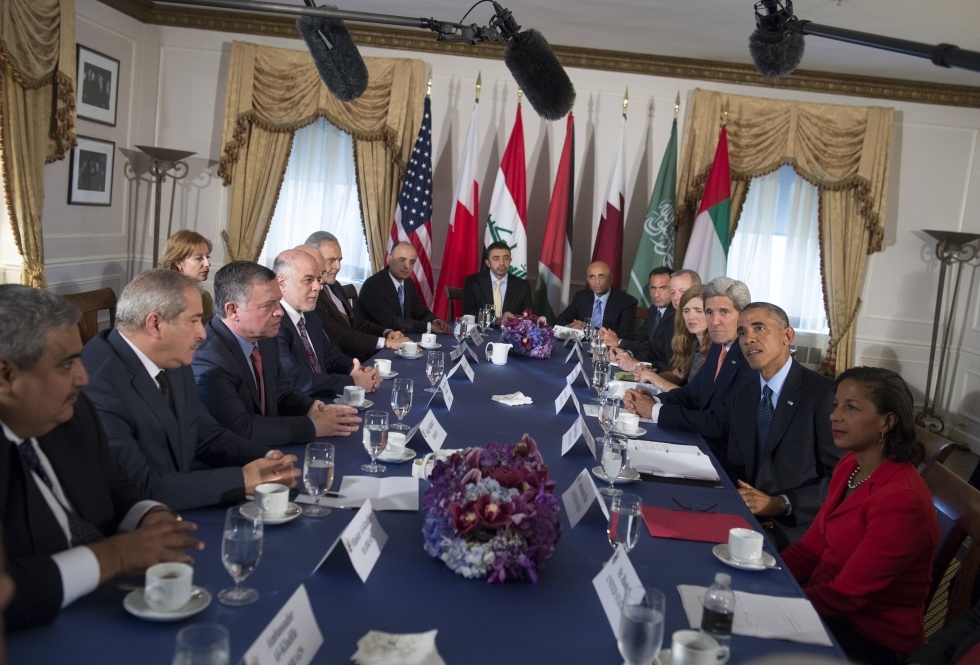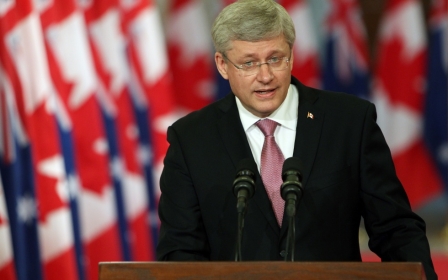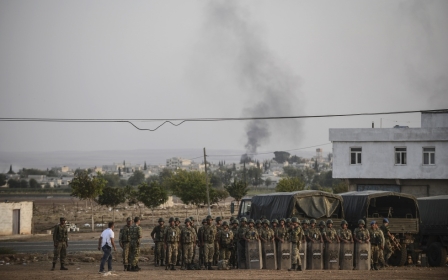The US should talk to its enemies and frenemies

No foreigner ever accused an American of not talking enough. Talking incessantly is as American as a bacon-flavoured sundae. But when it comes to dealing with its foreign enemies, America has stopped talking, and this, ironically, may be the nation’s greatest national security vulnerability.
In recent times, there has been an impulse to hand over foreign policy to the military, but it’s the job of diplomats to end conflicts and solve the big strategic problems facing America. Vali Nasr, a former State Department advisor, recounts in his book, The Dispensable Nation, several meetings he co-chaired with fellow diplomat Richard Holbrooke and several Arab foreign ministers:
“Richard, of course, we will support you, we always have. But why do you want to get mixed up in another war? This will only help the terrorists,” warned Egyptian foreign minister Abu Graith. “It is much better you buy local warlords to keep al-Qaeda out of Afghanistan. Spend $20 billion and then just go home.”
Another Arab foreign minister began with, “You can pay to end this war.” But just as he got up to leave, he said something even more salient: “You should talk to the Taliban, not fight them. That will also help you with Iran.”
During the 2008 Democratic Primary, then candidate Obama said, “America has to talk to its enemies.” Unfortunately, President Obama fell victim to the testosterone charged “talking is weakness” mythology. “Diplomacy was conspicuous by its absence in the 2009 White House strategy review. Diplomacy was then seen narrowly as a useful tool for getting governments around the world to contribute soldiers and money to the Afghan war. It was not a solution to a war, but its facilitator,” writes Nasr.
The Obama White House’s refusal to talk to the Taliban, especially when the US had leverage during the 2010 surge, poises Afghanistan to collapse into the hands of those who attacked America on 9/11 - the day after we leave in 2015. Talking meant finding a peace deal between the Karzai government and the Taliban that would end the insurgency and allow US troops to go home. “The military opposed the idea from the outset. The Pentagon thought that talking to the Taliban – and even talking about the Taliban – was a form of capitulation to terrorism,” writes Nasr.
The Taliban have been ready to talk to the US since Obama’s inauguration in 2009, but the president’s inner circle remain afraid he’ll be seen as “soft.” Talking to enemies made for a good stump speech, but once in power Obama has demonstrated to be too skittish to try it.
With the date of US withdrawal announced, and with troops winding down in its final tranche, any chance to reach a settlement that will ensure peace and stability in Afghanistan has been lost. “If you are leaving, why would the Taliban make a deal with you? How would you make the deal stick? The Taliban will talk to you, but just to get you out faster,” the Egyptian foreign minister told Holbrooke.
Afghanistan now promises to be America’s next two-part nightmare, and as was the case with Iraq in 2010, the US has washed its hands of it. Not only is it likely the Taliban will win again, and that our costly war will have been for naught, but ISIS aligned militants have already launched a propaganda and military campaign in Afghanistan’s central province of Ghazni.
The lesson from both the looming ISIS-led disaster in Afghanistan and the decisions made in Iraq (2003 to 2010) should urgently underscore the need for US administrations to seek diplomacy with its proclaimed enemies and frenemies. If history has taught us anything, it’s that America’s friends and enemies are interchangeable.
Iran was a friend before it wasn’t. After three decades of animosities with the US, Iran offered a comprehensive negotiation on all grievances between the two countries in 2003. Two years earlier, it was Iran who offered and provided the US assistance in defeating al-Qaeda in Afghanistan. In writing, Iran offered to end its support for Hamas and Hezbollah, sign on to Saudi Arabia’s 2002 peace plan that would’ve ended hostilities between Israel and the Arab states, and finally, sign the Nuclear Non-Proliferation Treaty.
With the Bush Administration gearing up for the Iraq invasion, the message to Iran was, “We don’t want to talk to you.” The Bush neo-cons believed that regime change in Iraq would lead to regime change in Iran. But Bush misjudged the situation. Bogged down in Iraq, the Iranians took the offer off the table - and, in turn, armed the Shiite factions in their resistance against the US occupation.
It was a lack of talk that led to the conditions that first gave birth to ISIS – the decision to fire 1 million former Sunni Baathists. It was a lack of talk that led to US envoy Jerry Bremer naming a puppet council that was too heavy on the Shia. It was also a lack of talk that led to popular Shiite cleric Moqtada Sadr being excluded from the Iraqi Governing Council – a US decision that led to the unleashing of 10,000 Shiite militiamen and the start of the fully fledged civil war.
There is no reason to believe US military action will end the civil wars raging in Iraq and Syria. If 150,000 US combat troops weren’t enough to quell the sectarian fighting in 2007, there’s no reason to believe airstrikes and a small contingent of special forces operatives will achieve the same. Total battlefield victory has rarely or ever occurred since World War II. Eventually we will need to talk to the “terrorists” – ISIS.
Our views on terror are also naive: instead of seeing an act of terrorism in simple terms - “evil” and “barbaric” – we need to see it for what it really is: an act of terror is what you do when you don’t have an army, navy, air force, satellites, and drones. “To designate an act of violence as terrorism is to arbitrarily isolate it from other acts of violence considered normal, rational, or necessary. The term “terrorism” is never used to refer to the military violence of Western states,” writes Arun Kundani, author of The Muslims Are Coming.
Equally, to conflate diplomacy with appeasement is ignorant. Ignorance leads to false assumptions, and then ultimately dire consequences. Diplomacy recognises that you cannot bomb your way to victory. It was false assumptions that led President Johnson and the US public to believe the North Vietnamese could not withstand the full force of American military power. It was the same false assumptions that led to President Bush believing the Iraqis would greet us as liberators. A lasting peace was negotiated in talks with Vietnam, but equally productive talks and negotiations have thus far eluded the US in Iraq and Afghanistan.
Military force smashed Iraq into pieces. Dropping more bombs on it will smash it into a thousand more. With so many pieces to the Iraq puzzle, and with so many proxy players holding the respective pieces, no one pretends a diplomatic solution will be easy to attain. Shiite Iraqis fear a return to Sunni rule, and Sunnis long for a return to when they were the rulers. “Each has a different vision of the past and a different dream for the future,” and there are still decades of scores to settle - but the lesson from recent history is clear: America must be willing to talk to its enemies, even if we’ve already called them “terrorists.”
- CJ Werleman is an opinion writer for Salon, Alternet, and the author of Crucifying America, and God Hates You. Hate Him Back. Follow him on twitter: @cjwerleman
The views expressed in this article belong to the author and do not necessarily reflect the editorial policy of Middle East Eye.
Photo: US President Barack Obama meets with representatives from five Arab nations that joined the US in Syrian airstrikes, as well as Iraq, during a meeting of the United Nations General Assembly in New York, 23 September (AFP)
New MEE newsletter: Jerusalem Dispatch
Sign up to get the latest insights and analysis on Israel-Palestine, alongside Turkey Unpacked and other MEE newsletters
Middle East Eye delivers independent and unrivalled coverage and analysis of the Middle East, North Africa and beyond. To learn more about republishing this content and the associated fees, please fill out this form. More about MEE can be found here.





